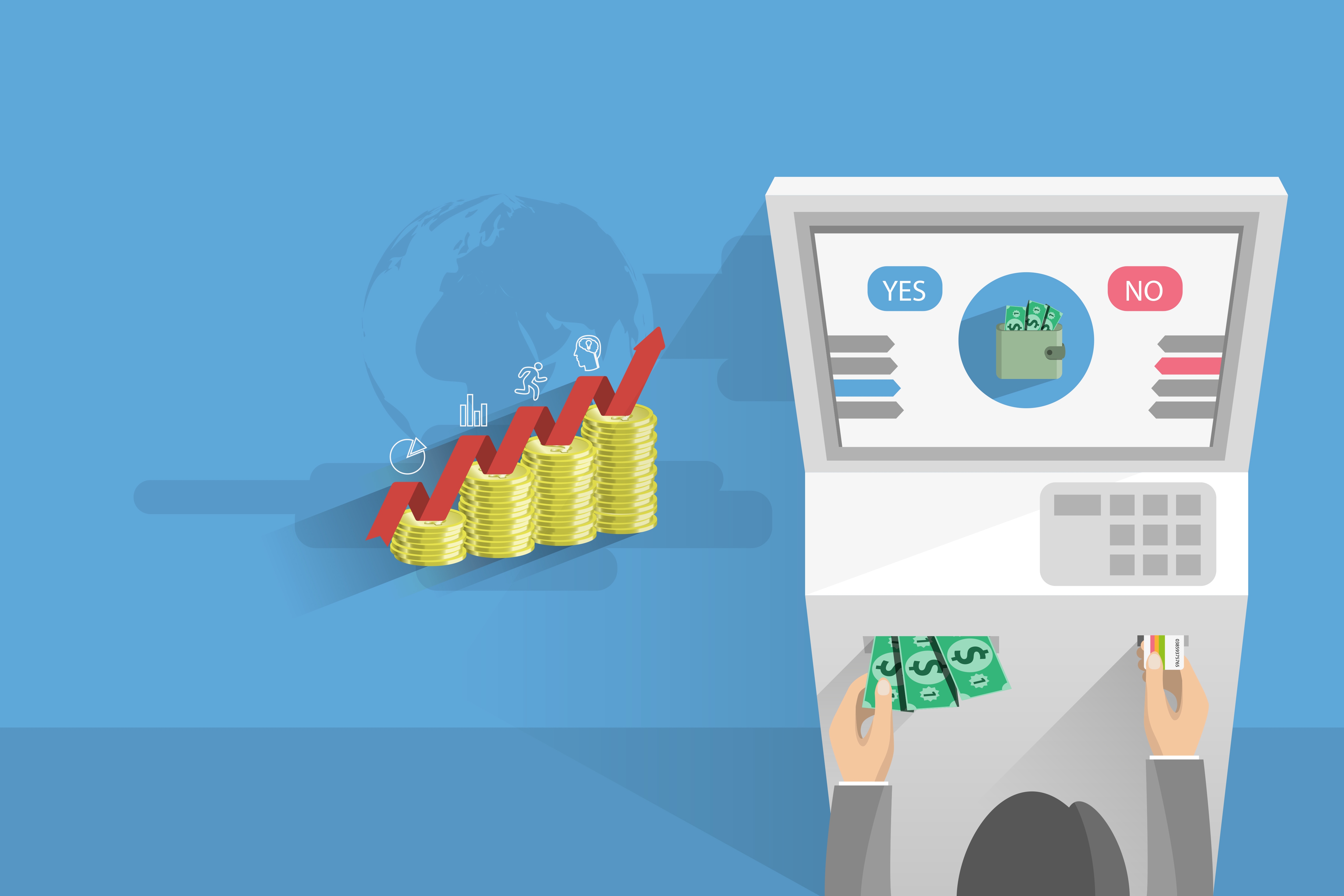
Wallets – how do they work and what’s the difference between them?
A wallet is where you keep purchased cryptocurrency. Only private keys are kept in the wallet, which allows you to make transactions – send and receive cryptocurrency. What are the types of wallets according to cryptocurrencies and which one is the best?
What are the types of crypto wallets?
We distinguish several kinds of wallets – payed or free of charge, online or offline, but basically, wallets are divided according to their format and type of functioning.
- desktop wallets. A desktop wallet is basically an application to be installed on a computer. This kind of wallets can be further divided into heavy wallets, which store the whole network and login history. The security of use is certainly an advantage, but at the same time, they consume a lot of resources. Light wallets store information on an external server. They are faster, but also less reliable. There are also some wallets which do not require access to network. Armory or Electrum are good examples of those.
- mobile wallets. You can take them with you everywhere – that is a big advantage. They are light and don’t occupy much space. An obvious disadvantage of this type of wallets is the fact that a mobile phone or a tablet are typical targets of thieves. If a wallet is not well secured, you may lose all the stored funds. Examples of such wallets – Mycelium, Green Address.
- online wallets. Available on many websites, also at cryptocurrency exchanges. They allow you to store cryptocurrency online. Sometimes they offer additional smartphone applications which makes them a mobile-friendly solution. Of course, keeping private keys online is a disadvantage, as they might become a target of hackers. Mobile wallets – e.g. Coinbase, Xapo.
- hardware wallets. Hardware wallets are physical, electronic devices, usually pendrives. It is a relatively new solution, which combines quite a high degree of mobility with the possibility to store certain keys offline. Unfortunately, most of these devices are rather expensive and not easy to find. Examples? Trezor, KeepKey.
Security of e-coins wallets
Keeping cryptocurrency offline guarantees the highest level of security. However, we still have to choose between keeping the wallet on a computer with no network connection, or similarly, a mobile phone; or getting a relatively expensive dedicated device. In any case, taking into account that hackers are likely to target private keys, it is worth it to store them in this very way. At the same time, it is important to remember that every time you connect your device to the network, it can get a virus and you may lose your data. The fact that your wallet does not work online doesn’t make it safe, if it’s stored on a device connected to a network.
And how about… cryptocurrency purchase certificate?
There is one more way of storing your cryptocurrency offline – keeping a cryptocurrency purchase certificate or a cryptocurrency voucher.
In this case, it is not the person who purchased cryptocurrency who is in possession of the private key, but the intermediary, from whom the certificate was purchased. The buyer is only in possession of the document confirming the purchase. In case of robbery or any other chance occurence, the intermediary is still obliged to deliver the purchased good to the holder of the certificate.
The price is defnitely an important advantage of the certificate. Usually, it is only a few percent higher that the actual value of the purchased units. Nevertheless, it is important to mention that not every cryptocurrency can be purchased like that. There exist vouchers and certificates for the most popular currencies, such as Bitcoin or Ripple, and some altcoins, such as TRON; but the vast majority of small and unpopular cryptocurrencies is not available in this format.

What does the future hold for crypto wallets
Is it possible that soon there will be another, different way of storing cryptocurrencies? It does not seem likely. It is more probable that current solutions will be improved and disseminated. Probably more pendrive wallets will appear and the certificates will become more popular; desktop/mobile applications will become more secure. Perhaps a new verification layer will be added while logging in to the wallets on cryptocurrency exchange accounts. For the moment, there are no new solutions and no major breakthrough is expected.